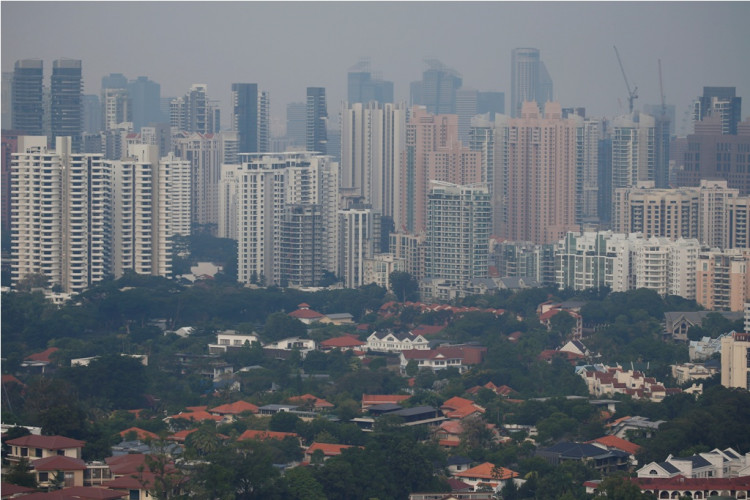Economic experts said on Monday that they are expecting the Monetary Authority of Singapore (MAS) to ease its monetary policy this month amid growing fears of a technical recession.
According to Channel News Asia, the MAS is expected to cut down on the Singapore dollar nominal effective exchange rate (S$NEER) policy to help slow down the appreciation of the city-state's currency against other currencies.
Lee Ju Ye, the Maybank economist, said he is expecting the central bank to cut down the S$EENR "slightly" at around 0.5 percent as economists believe the current slope is somewhere around 1 percent.
Economist at Barclays, Brian Tan, echoed Lee's statements. He said they are expecting the MAS to ease its currency policy during this month's meeting largely due to the alarming decline in industrial production.
IHS Markit Asia Pacific chief economist Rajiv Biswas noted that the Singaporean central bank will most likely base its decision on downside risks, including the "sharp contraction" of exports and manufacturing output for the month of August.
The Singaporean central bank's heads will meet for the semi-annual conference this month to discuss methods through which the financial sector can help ease the city-state's slowing economy.
For the past six months, Singapore's economic growth slowed down at an alarming rate, resulting in the dramatic reduction of growth forecasts for the city-state twice in only three months.
Aside from contracting export figures and a decline in manufacturing output, business confidence has also slumped in Singapore. In mid-September, a new survey reported that the index dropped to a near two-year low.
According to the Straits Times, business sentiment in the city-state dropped to +4.82 percentage points for the fourth quarter of 2019 from +6.91 in the previous quarter, as revealed by the Singapore Commercial Credit Bureau's (SCCB) Business Optimism Index.
The numbers were largely pulled down as five of the six key indicators posted lower numbers for Q4, igniting more talks about the supposed ASEAN tiger being less-resilient to external headwinds than was originally predicted by experts.
In the survey that polled 200 senior executives and business owners, it was indicated that respondents were most pessimistic about wholesale trade and industrial output, further confirming fears about global trade tensions affecting the Singaporean market.
Meanwhile, government officials remain optimistic about Singapore's economy. Second Minister for Finance and Education, Indranee Rajah, said last week that the city-state has not yet gone into recession.
Deputy Prime Minister Heng Swee Keat also noted that he doesn't think there is a need for "an extraordinary budget" at this point in the economic status of Singapore. It remains to be seen how the MAS will move to ease recession fears.






